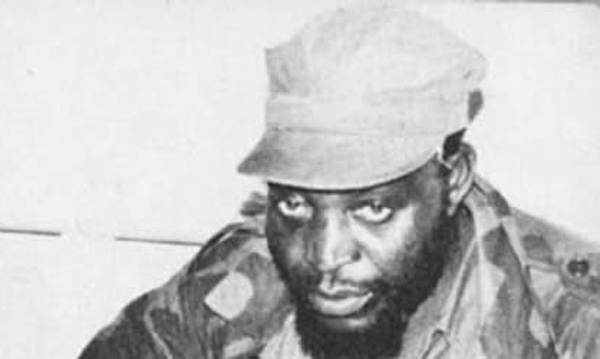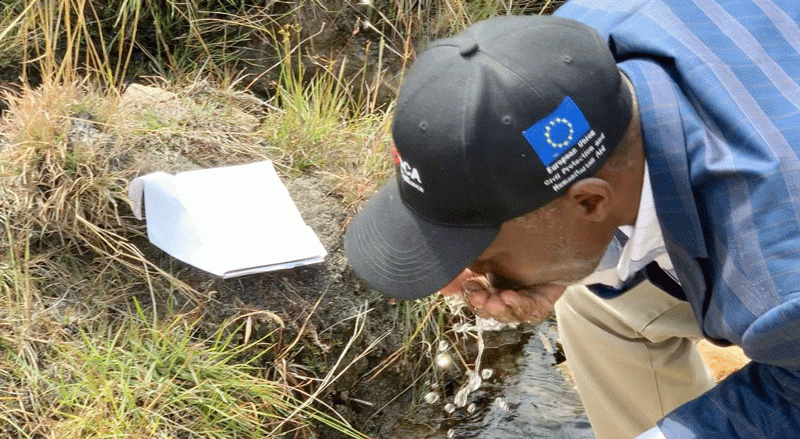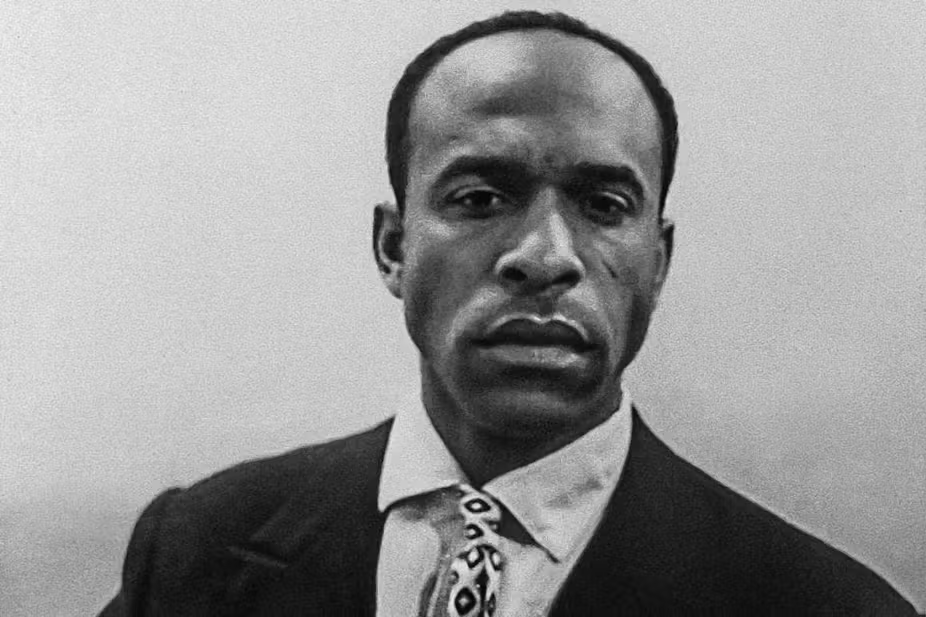
Zimbabweans are big talkers. We wait for others to tell us our own stories, our own history. What we know of our national history has been crafted by President Robert Mugabe and Zanu PF. The manipulation and exclusion of many narratives, of many actors is a travesty.
Literary Forum by Bookworm
This poverty of historical narratives in Zimbabwe has led to a nostalgia for Rhodesia. The Mugabe-led government has made the evils of colonial Rhodesia seem harmless. There is a yearning for life under the late Rhodesia Prime Minister Ian Douglas Smith. There is a common sentiment among Zimbabweans who say — life in Rhodesia was better than in post-independence Zimbabwe.

That Zimbabwe is a country of poetic contradictions is not in doubt. No one would have imagined that a black and white boy would grow up on the same farm to fight for the soul of Zimbabwe from different sides. It’s a remarkable story that seem exaggerated but it is real. The late Zanla commander Josiah Magama Tongogara and Smith’s childhoods crossed.
Tongogara’s family lived on the same farm as Smith and his parents but as helpers. What chance could it be that Tongogara and Smith shared a childhood and a personal history. The two characters grew to be important figures in the battle of “Zimbabwe”. Their reported interaction at Lancaster House during the independence negotiation are as surreal.
Zimbabwe came about after a protracted war. Smith was hell bent on ruling forever. He had famously said, not in a thousand years would black people take over. But in 1978, he found himself sitting at the opposite table negotiating the end of the war. But there was just but one person with whom he shared some bond, a man whom he had grown up with, and possibly occasionally played with.
The scene was Lancaster House in a gallery room overlooking St James Park. In one corner sat Smith, sticking closely to members of his own delegation, spying Tongogara in another. Mugabe’s General and Mugabe’s number one enemy nodded at each other. Their ties went back to childhood.
- Chamisa under fire over US$120K donation
- Mavhunga puts DeMbare into Chibuku quarterfinals
- Pension funds bet on Cabora Bassa oilfields
- Councils defy govt fire tender directive
Keep Reading
As a child, Tongogara helped on the Smith homestead. His family worked on the Smith farm. He fondly remembered grandma Smith, Ian Smith’s mother. Tongogara’s massive frame belied a ruthless general. It also concealed his extraordinary gentleness with those he liked. He made the first move.
“How is the old lady?” he asked Smith.
“Very well, thank you, although she is much older now,” Smith replied.
Tongogara smiled.
“Please send her my warm wishes,” he said. “I’ve often thought of the old lady. She used to give me sweets, you know.”
Smith would never talk about that conversation. Tongogara liked to. When the conference was set to collapse, he was to recall it as the moment when he realised for the first time there could be a negotiated peace.
“In itself the few words we exchanged weren’t important. What was important was the realisation for me that the war was not about personalities, it wasn’t Mugabe and Tongogara versus Smith and Walls, it wasn’t about black versus white, but the system, the system of oppression. I didn’t want to destroy Smith or the old lady. I did want to destroy the system he had built,” said Tongogara.
In some of the archival videos available online, Tongogara comes out as a strikingly rational character. His mysterious death on the eve of independence in December 1979 continues to generate interest and intense debate. There has always been a history of internal assassinations in Zanu PF and the speculation that Tongogara was a victim cannot be dismissed lightly.
Tongogara was the Zanla chief of defence during the war of liberation. The official version is that he died in a car accident in Mozambique on December 26 1979, a few days after the signing of the Lancaster House Agreement which ended the war of liberation. But another version said he died on December 23 1979, with the death only being announced three days later.
What makes the death so glaring and suspicious is the lack of documentation around it. There is little history written about the liberation struggle. What is written and available is mostly coming from the academic factories of Europe and North America.
This story of Smith and Tongogara deserves to be a book, a play, a documentary because it is such a remarkable story that highlights that the coloniser and the colonised are after all both human. The story of Zimbabwe is bigger than Mugabe, and it is a shame that we are fading out some of the important narratives that make up who we are.
l Feedback: bhukuworm@gmail.com










